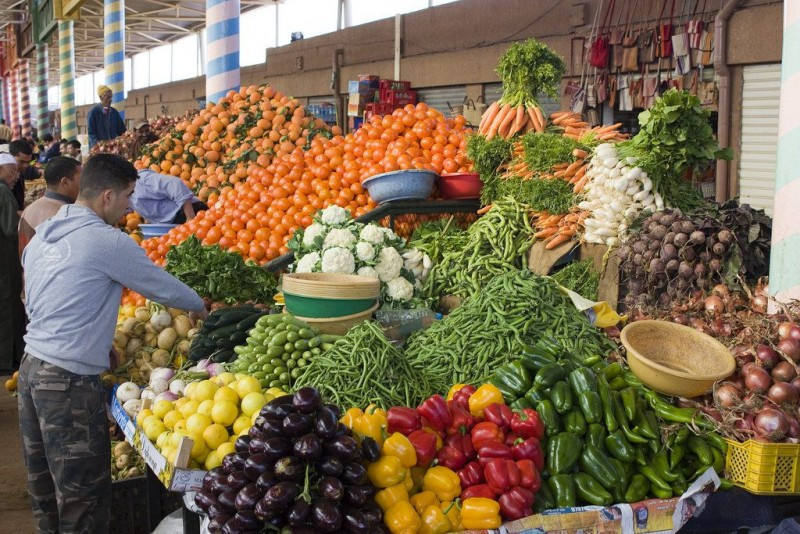Rabat – Moroccan agriculture unions have called on the government to find a middle way to supply the local market and allow farmers to export vegetables.
The call comes in the wake of the Moroccan government’s ban on vegetable exports to West Africa and Europe to keep the national market well-supplied and bring down food prices.
Spokespersons from the country’s major agriculture and export confederations, COMADER and FIFEL, raised their concerns during a meeting with the Head of Government, Aziz Akhannounch, on Friday and called on the government to work towards finding a solution to reinstate vegetable exports while lowering prices.
In February 2023, Morocco’s food export watchdog reached out to traders by phone and informed them of its decision to halt exports to West Africa, Reuters reported.
The Moroccan export authorities cited the need to maintain the country’s food security following the dramatic rise in tomato prices.
The move was not popular among traders amid rising concerns over the effect the measure would entail on many livelihoods in the sector.
Deputy head of the Moroccan Association of African market suppliers, Mohamed Zemrani, told Reuters in February that the ban would harm many traders.
“The export ban means bankruptcy for many suppliers with the loss of outstanding payments exposing many to lawsuits as well as a loss of job opportunities,” he said. The government also passed a ban on tomato exports ahead of Ramadan to lower prices as tomatoes are high in demand during the holy month.
Responding to the calls from farmer unions, the President of COMADER, Rachid Benali, stressed that the problem of supply and rising prices of agricultural products was due to adverse weather, water scarcity, the lingering geopolitical situation in Ukraine, financing issues, as well as the high number of middlemen delivering produce.
The situation is affecting “not only consumers but also farmers who have seen their productivity and earnings decline,” Benali said during the meeting.
The remarks are in line with converging reports indicating the national food supply chain is heavily affected by drought and water scarcity.
In March, the head of Morocco’s Higher Commission for Planning (HCP), Ahmed Lahlimi, sounded the alarm on the state of the food market in the country, arguing that the notable rise in food prices is due to a shortage in local supply and that Morocco should adapt to drought as it will become more frequent.


